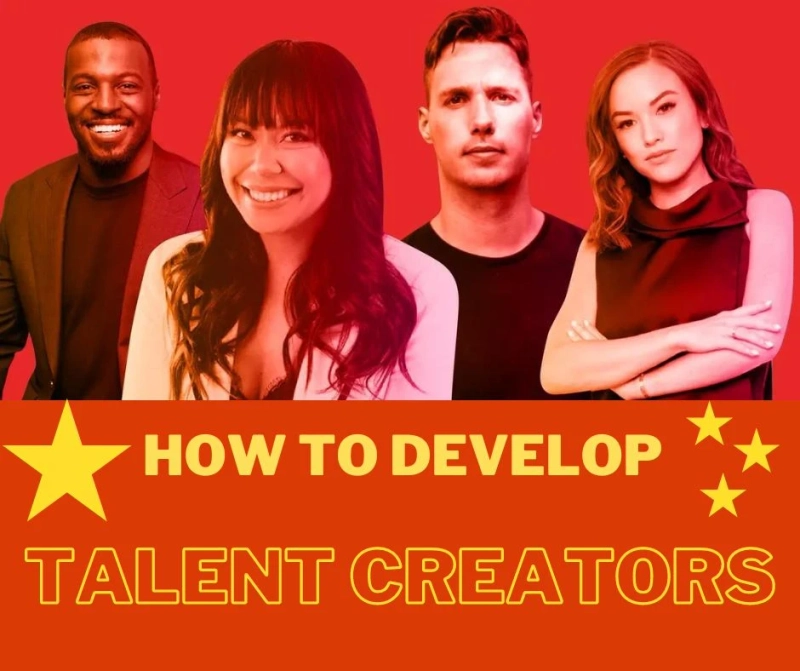How to Develop Talent Creators
Companies need to resurrect skills and work force improvement methodologies in order to attract, create, connect with, and retain the best talents in this upcoming phase of the skill revolution as their abilities need change more quickly than at any other time in recent memory, particularly as trends like digitalization speed up.
Nevertheless, this shift may be precarious or very well may be managed with skill and strategy, according to this current ManpowerGroup study that was presented.
Recharge, Reskill, and Redeploy, or being a creator of abilities by proactively upskilling/reskilling ability to be available when and when necessary, ultimately reduces chance and sets the stage for viable development.
1- Analysis of Potential:
Evaluating potential is the first step in developing ability. Assessments with the help of modern day HR tools, help people identify their strengths and work preferences and help organisations predict a person's likely suitability for a position. Additionally, it organises comprehensive data so that it is possible to predict who is likely to acquire new skills in the future.
Evaluation plus information plus research equals understanding, which supports talent selection, lowers talent acquisition costs, and increases representative adaptability by matching their talents and potential to the organization's talent gaps.
2- Creating a Career Guide:
People require clear guidance, and organisations need a suitable guide for their method. Hiring a skill instructor or using tool, aids in the progression of skills from one position to the next, from failing businesses to promising ones, and in closing the skills gap.
Ajeets headhunters provide rivals with specialised guidance to create for future positions since they are experts in evaluation, training, and information-driven recruitment. These services provide career paths in fields including IT, finance, advanced manufacturing, deals, and strategy.
3- Training Assistance:
It makes no difference whether employees are low-income, middle-class, or blue-collar; everyone should get the skills necessary for the future of employment. There are many modern day HR tools which gives busy specialists access to point-engaged, online skill-building teaching engagements with a qualified mentor, whenever and wherever they need it. Or you can hire an expert in your industry specially for your employees or trainers.
4- Demonstrating New Skills:
Due to the fact that abilities are so recent, they are scarce in development sectors like invention. The most creative organisations are working together to develop personnel who can acquire and cultivate the skills they require.
Experis for instance, designs educational programmes for students that may be implemented practically even before the learning is complete. It collaborates with a wide range of companies, specialist institutions, and colleges. With the use of work force aptitude and industry experience, we are identifying future skill requirements, identifying gaps, and preparing skills for new career paths.
These arrangements are available to help companies get the skills they need and people to cultivate the popular vital skills that businesses are looking for in the current swiftly shifting environment. For some organisations, this future is an uncharted territory.
In this subsequent stage of the Skills Revolution, our educational blogs regarding recruitment offers a road map of ideas to assist managers of firms in attracting, developing, engaging, and keeping the greatest personnel.


